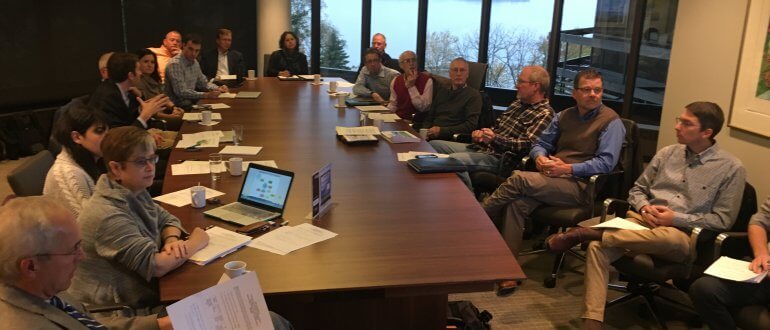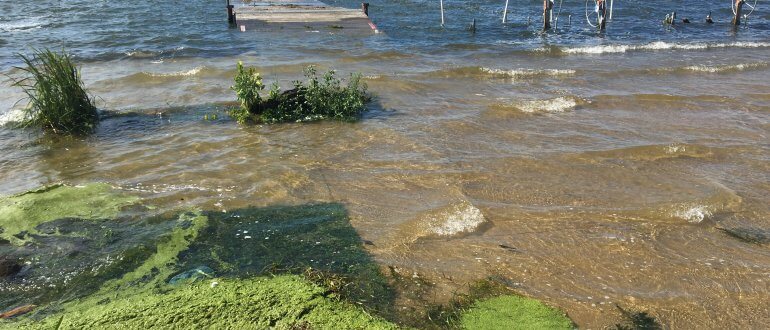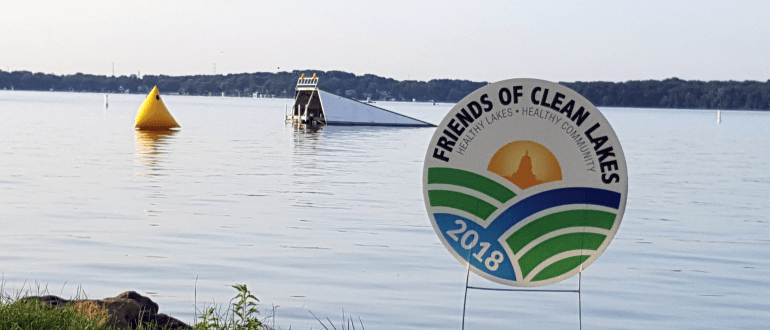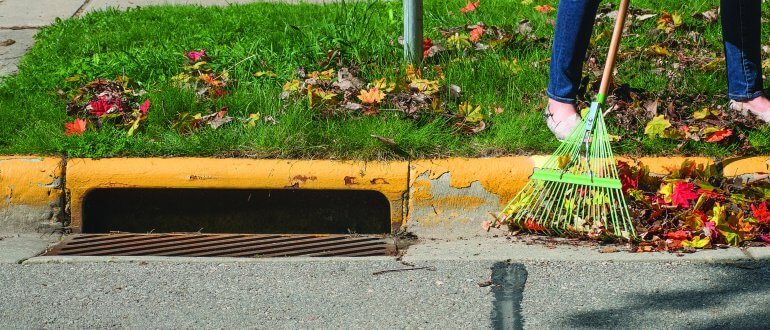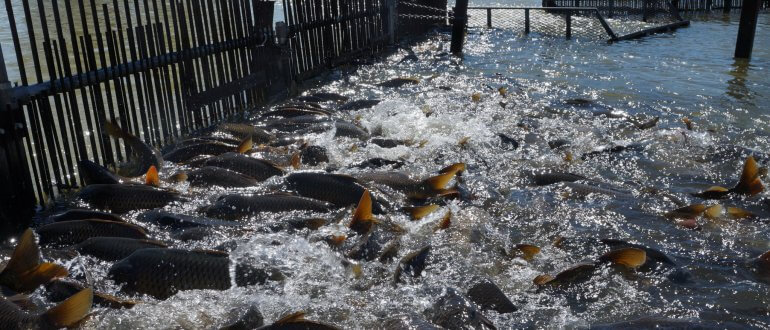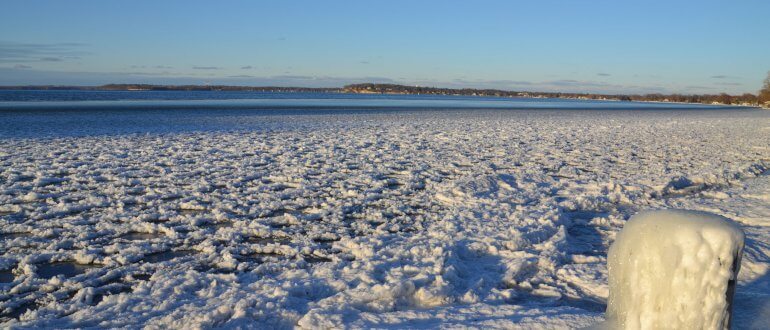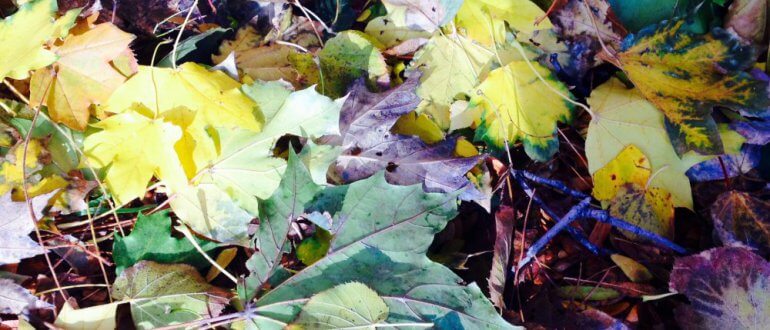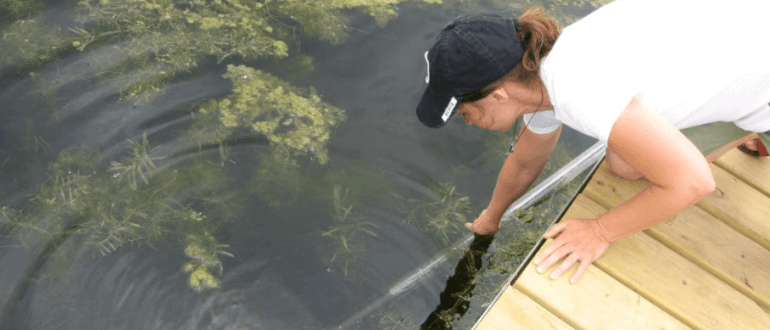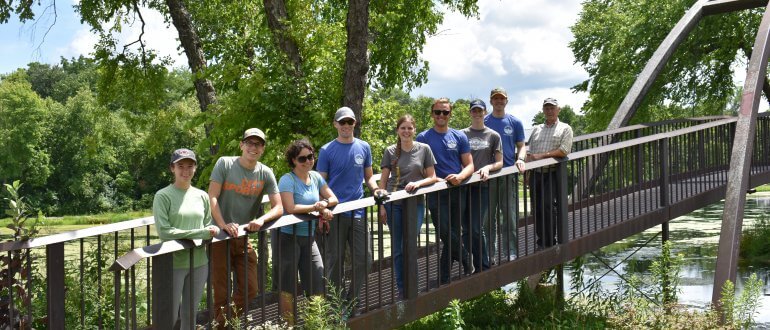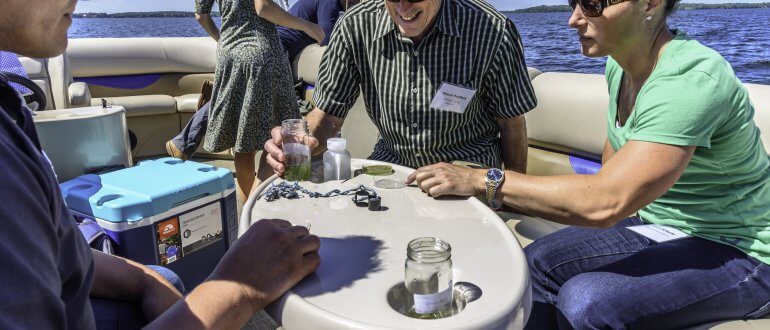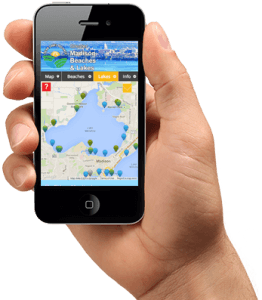It takes ALL of us to make a difference
Help Clean Lakes Alliance advocate for change
In Greater Madison, the time has come to put lakes at the top of our community agenda. Recent flooding and historically large cyanobacteria (blue-green algae) blooms are symptoms of a changing climate and a harder, less resilient landscape. The Center for Climatic Research has documented southern Wisconsin’s increasingly wet climate, with more frequent heavy rain events causing flooding throughout the region. This is impacting lake water quality by bringing increased sediment and nutrient pollution to our lakes and streams. We need a change in how we manage the landscape surrounding our homes, farm fields, and city streets to accommodate a wetter climate in our region.
